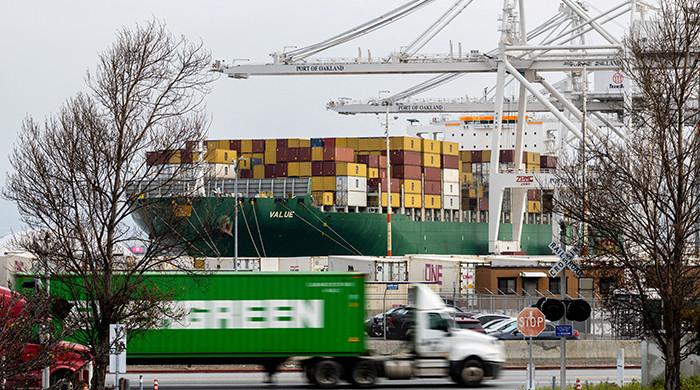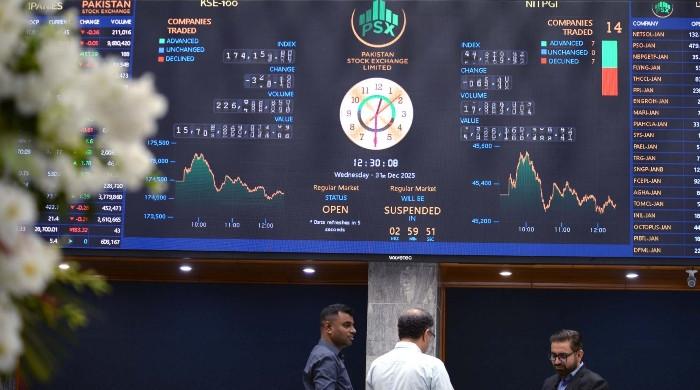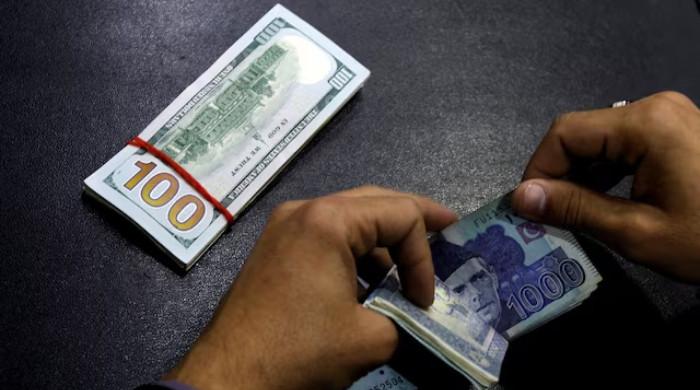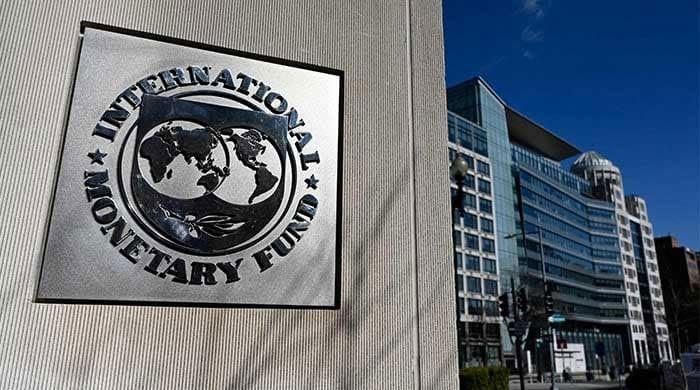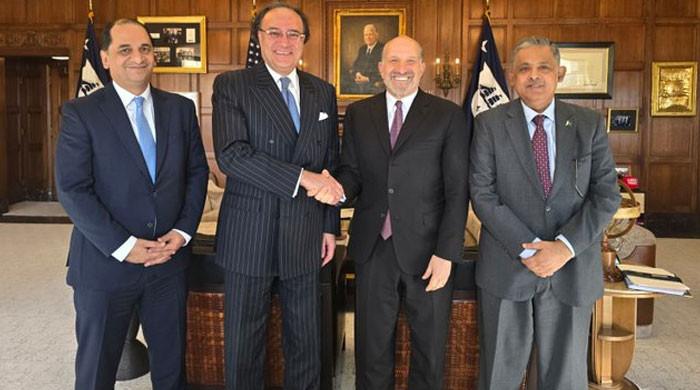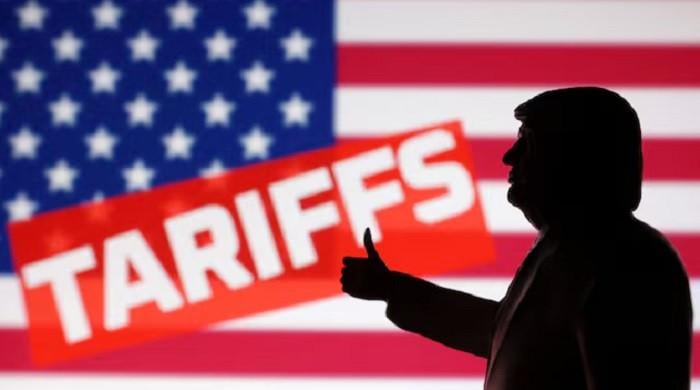Pakistan, IMF mull Rs700bn tax measures in budget talks
Govt asks Fund to rationalise taxes for salaried, tobacco, beverages sectors
May 17, 2025
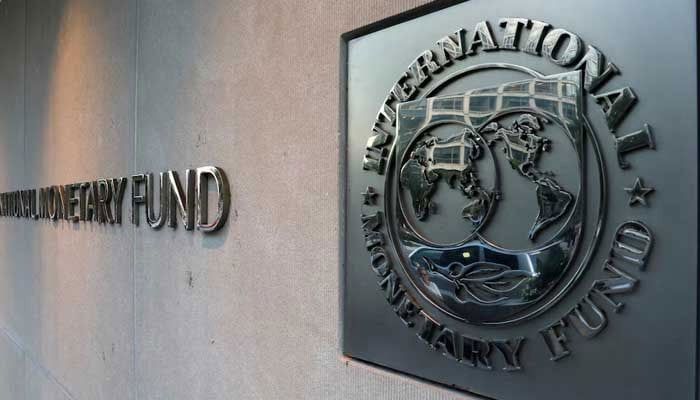
- The budget for 2025-26 will be announced on June 2.
- IMF objects to reduction in tax rates for salaried class.
- Annual Plan Coordination Committee to meet on May 26.
ISLAMABAD: Pakistan and the International Monetary Fund (IMF) are contemplating options for taking taxation and enforcement measures in order to fetch an additional Rs700 billion in the upcoming budget for 2025-26.
With the announcement of the budget for 2025-26 on June 2 in Parliament, the government has asked the IMF to rationalise taxes for the salaried, tobacco, and beverages sectors.
The IMF has raised objections over the reduction in tax rates for the salaried class and inquired about a higher revenue impact if rates are revised downward for middle-income earners between Rs0.2 to Rs0.4 million per month.
The Annual Plan Coordination Committee (APCC) is scheduled to meet on May 26 to recommend the macroeconomic framework and development budget to the National Economic Council (NEC) for the upcoming budget.
For the tobacco sector, there is a possibility of jacking up the Minimum Legal Price (MLP) standing at Rs162.25 per packet as currently over 80% of brands are selling below the MLP or slightly over the MLP, so one of the options is to increase the MLP without changing the existing two tiers and Federal Excise Duty (FED) rates.
The Ministry of Finance and FBR have pitched an annual revenue collection target of Rs14,307 billion for the next budget.
However, both the IMF and the Pakistani side could not reconcile the figure of the revenue collection target owing to differences based on nominal growth.
There is a difference of Rs300 billion owing to differences in the nominal growth projections. The government has projected that the nominal growth will result in securing Rs13,556 billion, but the IMF insists that the FBR could not fetch beyond Rs13,200 billion, raising differences of over Rs300 billion in the projections.
In case of agreement on FBR’s tax target of Rs14,307 billion and base collection of Rs13,556 billion, then the government will have to fetch Rs700 billion through a combination of additional taxation measures and effective enforcement.
Regarding enforcement, the monitoring of advance tax payment at Green Leaf Threshing (GLT) for unprocessed tobacco could be a revenue potential area. The MLP might be considered for increase in the upcoming budget. The tobacco industry is grappling with a significant challenge, keeping in view the constant violation of the minimum legal price. This issue is exacerbated by the proliferation of illegal cigarette brands below or slightly above the MLP posing serious health risks and economic repercussions.
In the beverages sector, there are discussions on the reduction in the tax rates, but the IMF raised objections about how the FBR would deal if refunds were generated in this sector. The FBR does not want to take any steps to create refunds in any sector.
Originally published in The News




